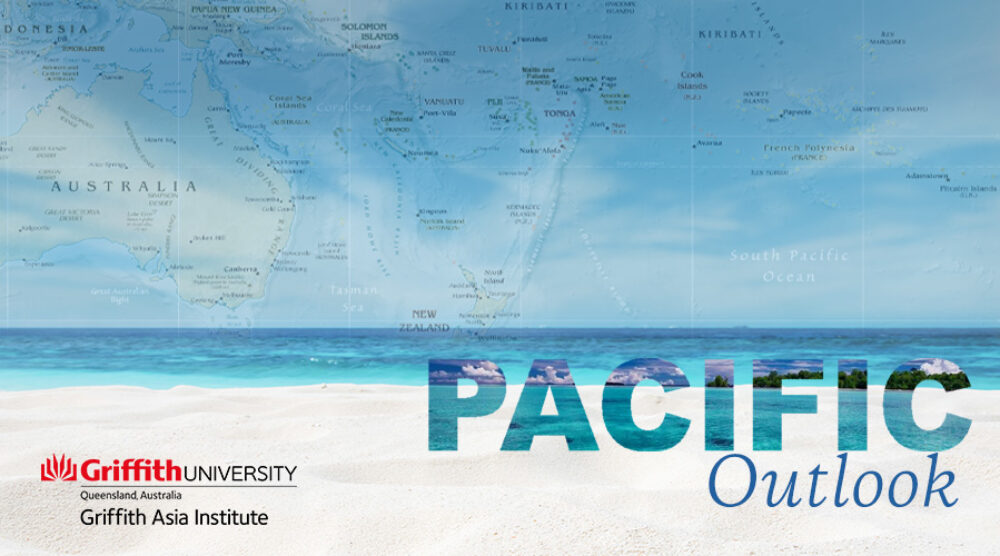Papua New Guinea seeks further loans for economic bailout
Papua New Guinea has passed a supplementary budget. The Treasurer, Ian Ling-Stuckey has said that the impacts of COVID-19 have caused an economic disaster for his country.
A lengthy debate in Parliament resulted in legislation being passed to increase the amount of debt the government can take on. The upper limit of the debt to GDP ratio allowable has been increased from 40% to 60%.
The budget papers indicate that negotiations are ongoing to secure loans from both the Asian Development Bank and the government of Japan. It has also been revealed that Australia will provide a loan of US$100 million on highly concessional terms to help meet the budgetary shortfall. This comes further to a loan of US$300 million that was negotiated last year. Repayments of that loan have been suspended for 2020, owing to the impacts of COVID-19.
Samoan Deputy Prime Minister resigns
In a move that has not surprised many, the Deputy Prime Minister of Samoa has resigned from cabinet and from the ruling Human Rights Protection Party. Fiame Naomi Mata’afa, resigned in protest against controversial bills relating to the land and titles court. However, there has long been speculation that Fiame is well placed to replace Tuilaepa Sailele Malielegaoi as Prime Minister after next year’s elections.
Fiame has reportedly been invited to join the recently formed Fa’atuatua i Le Atua Samoa ua Tasi (FAST) party. This party is currently aligned with two others to form the strongest opposition bloc that the Samoan parliament has seen for many years.
Fiame was the first woman to serve as a Minister and Deputy Prime Minister in her country. She has been a member of the Parliament since 1985, making her one of the longest serving representatives in the Pacific.
Bougainville elections conclude
The elections for President and the autonomous government in Bougainville are nearing their completion. Counting began on September 2. However, a delay in the return of the writs has been announced by the Electoral Commission. The official results will now be announced on September 24.
As well as leading the people of Bougainville in addressing the impacts of COVID-19, the new leadership will be expected to start work on a roadmap to independence. This comes after the people of Bougainville voted to separate from Papua New Guinea in a referendum late last year. The result must be ratified by the Parliament of Papua New Guinea under the terms of the Bougainville Peace Agreement.
A joint taskforce to work on a plan to put to the PNG Parliament has been established. Commencement of its work has been delayed because of COVID-19.
Micronesian leaders confirm meeting
The Micronesian Presidents’ Summit has confirmed that it will convene a face to face meeting for leaders. The meeting is scheduled to take place in October. It will be held in Palau.
The Micronesian Presidents’ Summit is a sub-regional grouping. Its membership comprises: Federated States of Micronesia, Kiribati, Nauru, Republic of Marshall Islands and Palau. The meeting will be held to coincide with the celebration of Palau’s independence on October 1.
Air Nauru has been requested to provide transport for leaders to travel to and from Palau. There are no cases of COVID-19 in any of the countries whose leaders will participate.
The move reflects a growing assertiveness on the part of the Micronesian leadership within the wider region. This includes their commitment to seeing their preferred candidate, Gerald Zackios take on the role of Secretary General to the Pacific Islands Forum when Dame Meg Taylor steps down in January 2021.
Pacific labour mobility restart
The Australian government has written to partner countries in the Pacific to invite them to recommence participation in the Seasonal Worker Program and the Pacific Labour Scheme.
This comes further to a pilot which saw over 160 workers from Vanuatu deploy to the Northern Territory. Those people are currently in quarantine and will be working with farmers to harvest mangoes.
Access to these labour mobility schemes will provide something of an economic lifeline for countries such as Vanuatu and Tonga who have previously been large contributors. However, there is a lot of community anxiety about people travelling from COVID-19 free countries such as these to Australia, where there are still cases of COVID-19 being reported.
Australian producers have voiced numerous concerns that without access to extra labour of this type, they will struggle to harvest their produce and keep shops stocked.
Tess Newton Cain is an Adjunct Associate Professor at the Griffith Asia Institute and project lead of the Pacific Hub.








